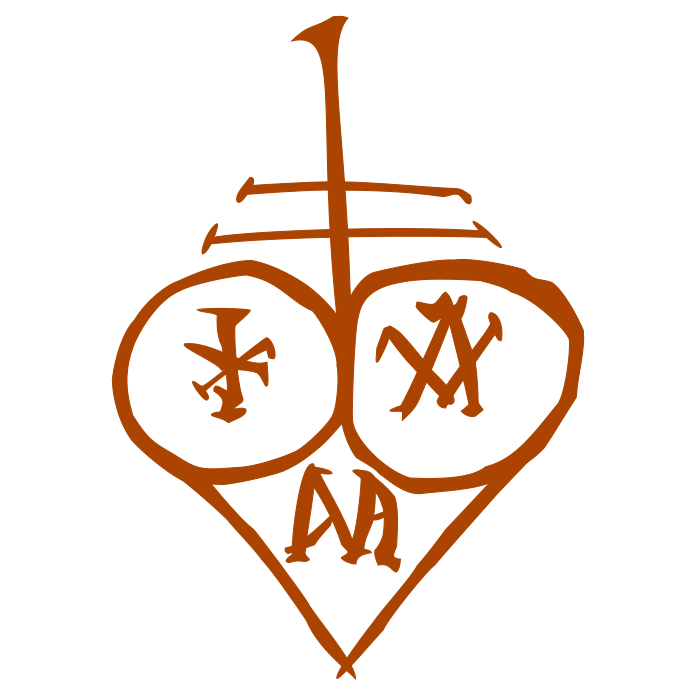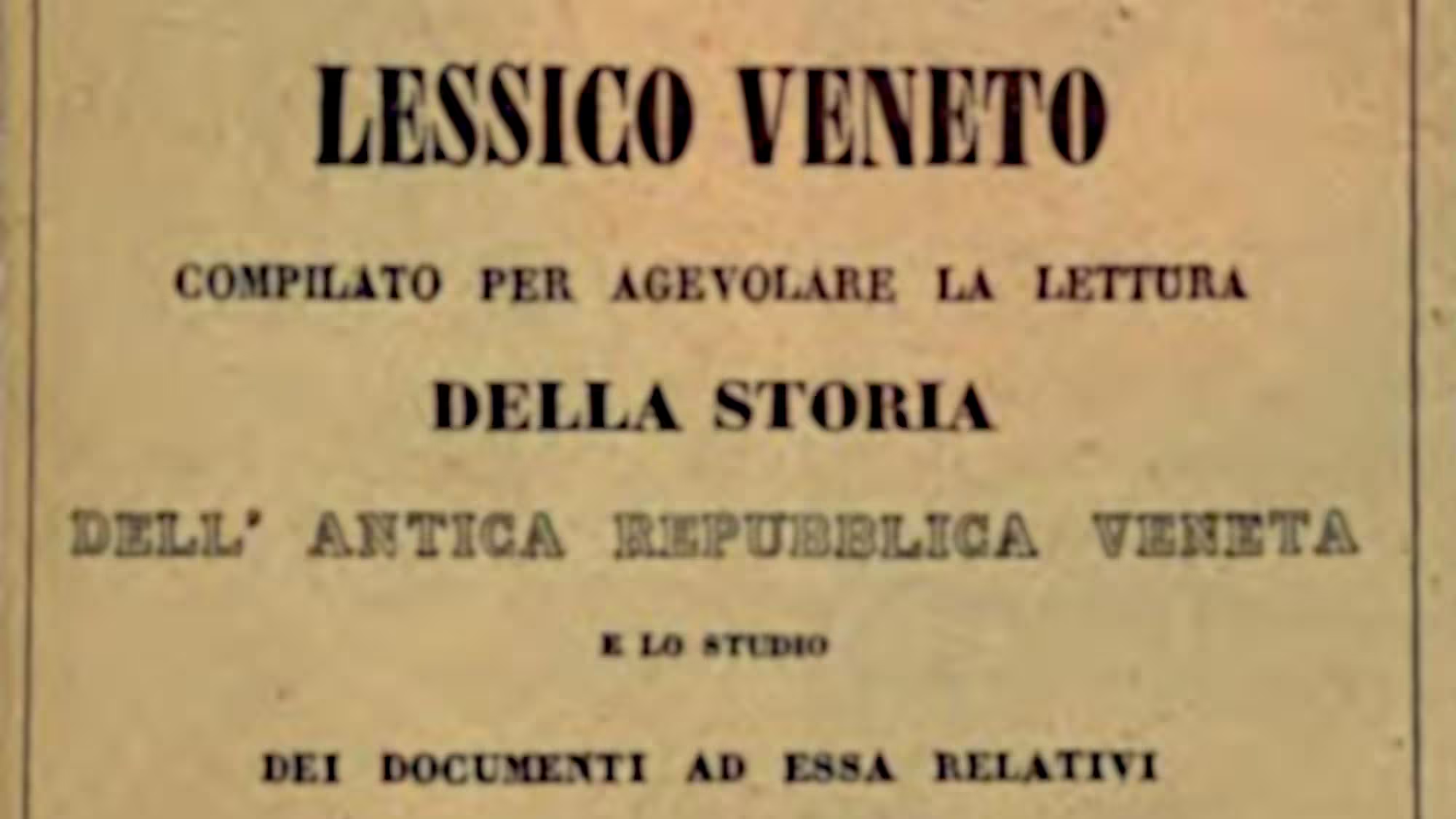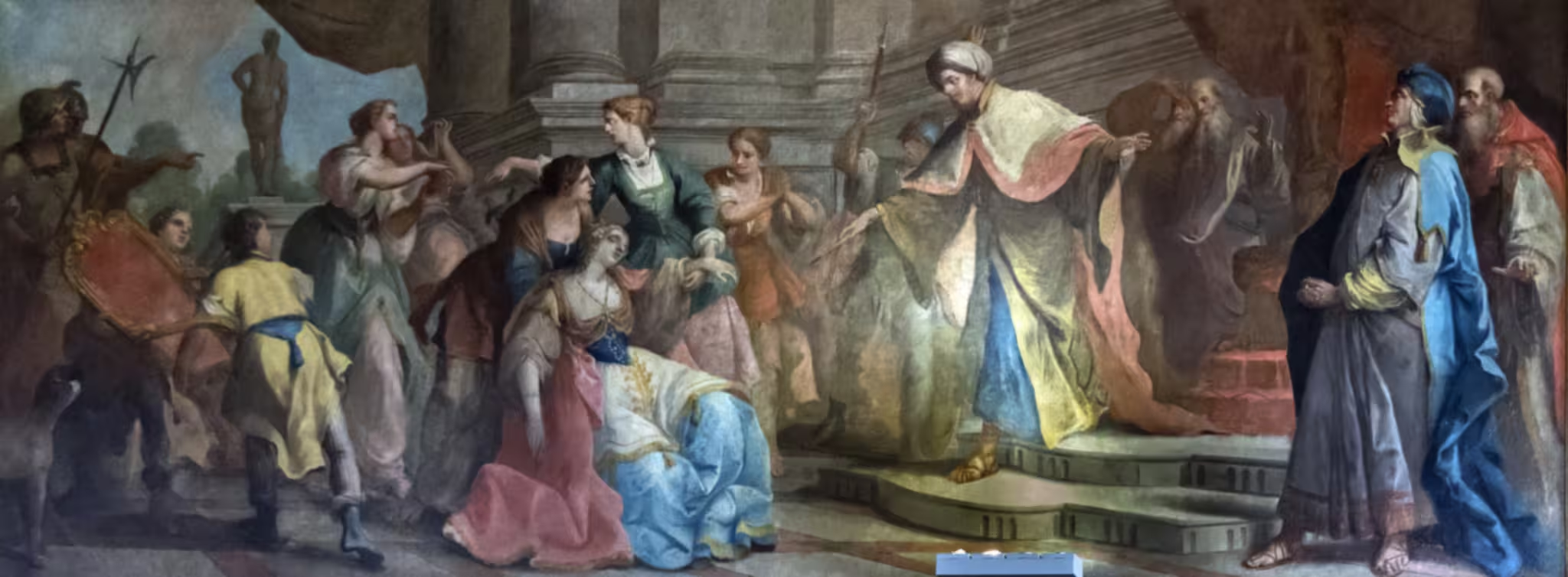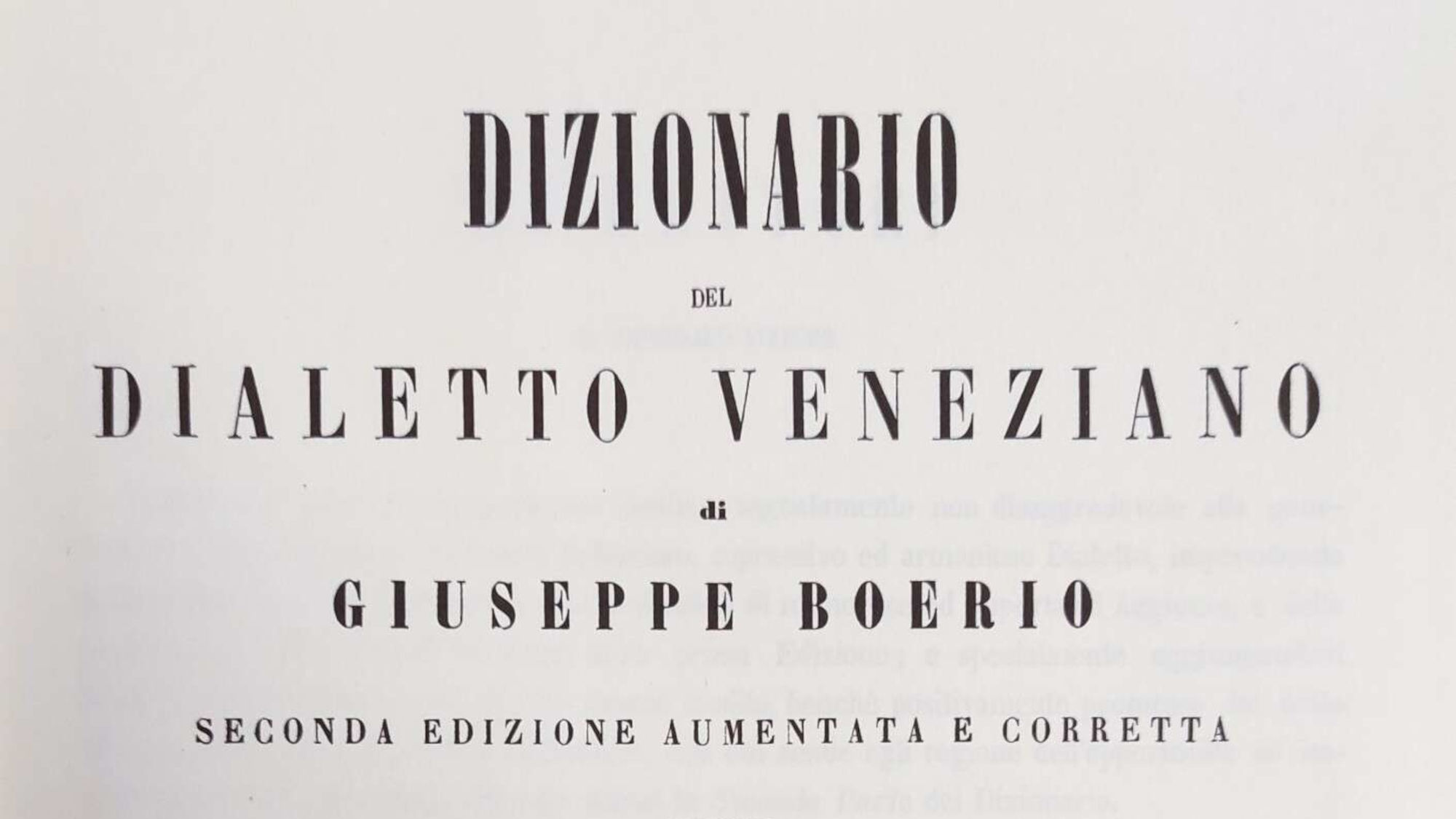Consiglio del Doge
The Lessico Veneto (Venetian Vocabulary) by Fabio Mutinelli was published in 1851. It is an invaluable tool for anybody who reads texts from the time of the Republic of Venice.
Fabio Mutinelli (1797-1876) was director of the I. R. Archivio Generale di Venezia (1847-1861), and a prolific writer on the history of Venice.
CONSIGLIO DEL DOGE, or CONSIGLIERI DEL DOGE,1 were, at the time of their election in 1033, two, and without the presence and vote of the Councillors the Doge could decide nothing. The office was ordinary and perpetual, but the Councillors changed each year in order to prevent the doges from making them partial and dependent. Subsequently, in the year 1179, the aforementioned two Councillors were joined by another four, and this body of six Councillors was called the Minor Council of the Doges, and in more recent times, with the aggregation of the Heads of the Council of Forty of the Criminal, it took the title of Most Serene Lordship.2 Thanks to these provisions, the unity of the principality was divided among several people, a check was placed on those who supported it, and the solid foundation of a perfect aristocracy was established.
Translator’s notes
- The Doge’s Council, or the Doge’s Councillors. ↩︎
- The Serenissima Signoria is in line with Il Serenissimo Principe for the Doge. ↩︎
Original Italian text
CONSIGLIO DEL DOGE, o CONSIGLIERI DEL DOGE, furono, al momento dell’elezione loro avvenuta nel 1033, due, e senza la presenza ed il voto dei Consiglieri il doge nulla poteva deliberare. L’officio era ordinario e perpetuo, ma i Consiglieri si cangiavano, in ciaschedun anno, affin d’impedire ai dogi di renderseli parziali e dipendenti. Successivamente, nell’anno 1179, ai detti due Consiglieri si aggiunsero altri quattro, e questo corpo di sei Consiglieri fu chiamato Consiglio minore dei dogi, e nei più vicini tempi, coll’ aggregazione eziandio dei Capi del Consiglio dei Quaranta al Criminal, prendeva il titolo di Serenissima Signoria. Per queste disposizioni era divisa tra più persone l’unità del principato, poneasi un freno a chi lo sosteneva, e si stabiliva il solido fondamento di una perfetta aristocrazia.
p. 113
Related articles
- The Doge
- The Consiglio Maggiore
- State institutions of the Republic of Venice
- Minor Consiglio — ASV Indice
- Signoria — Dizionario
- Maggior Consiglio — Lessico Veneto




Leave a Reply